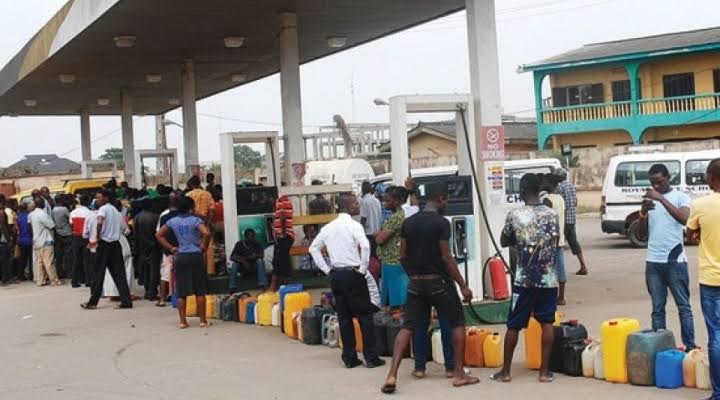Ogun Border Communities Struggle as Petrol Prices Soar to ₦2,000 Per Litre
Residents of border towns in Ogun State, particularly those between Nigeria and the Benin Republic, are facing skyrocketing petrol prices, with rates reaching as high as ₦2,000 per litre in some areas. Towns like Idiroko, Ijofin, Ipokia, and Iwoye Ketu are severely affected, as daily life becomes increasingly challenging due to the escalating fuel costs.
Investigations reveal that only four filling stations—Olafems Oil, Mobil Fueling Station, Oppresso Oil and Gas, and Somolab Fueling Station—are authorized to sell petrol in these border communities. While these stations charge between ₦1,200 and ₦1,300 per litre, black market vendors sell fuel at prices ranging from ₦1,500 to ₦2,000 per litre.
The surge in fuel prices has been largely attributed to smuggling activities, with petrol being illegally transported across the border and sold at inflated rates in the Benin Republic. This issue dates back to 2019, when former President Muhammadu Buhari’s administration banned the supply of petroleum products within 20 kilometers of Nigeria’s borders to curb fuel diversion. Though some stations were later permitted to resume sales, the limited supply has failed to meet local demand.
Residents now rely heavily on the black market for fuel, which has become essential for daily activities and business operations. Community members allege that authorized stations prioritize selling to smugglers rather than the public.
“The high fuel prices have crippled economic activities in our area,” said Ismael Balogun, a community leader in Ipokia. “Authorized stations sell to smugglers who resell the fuel in Benin, leaving us to bear the hardship. Transportation costs are soaring, and Customs officers continue to harass our people.”
Imoleayo Mawutin, Chairman of the Ipokia Local Government Youth Forum, called on the government to lift the fuel sale restrictions and allow more filling stations to serve the population of over 350,000 residents.


